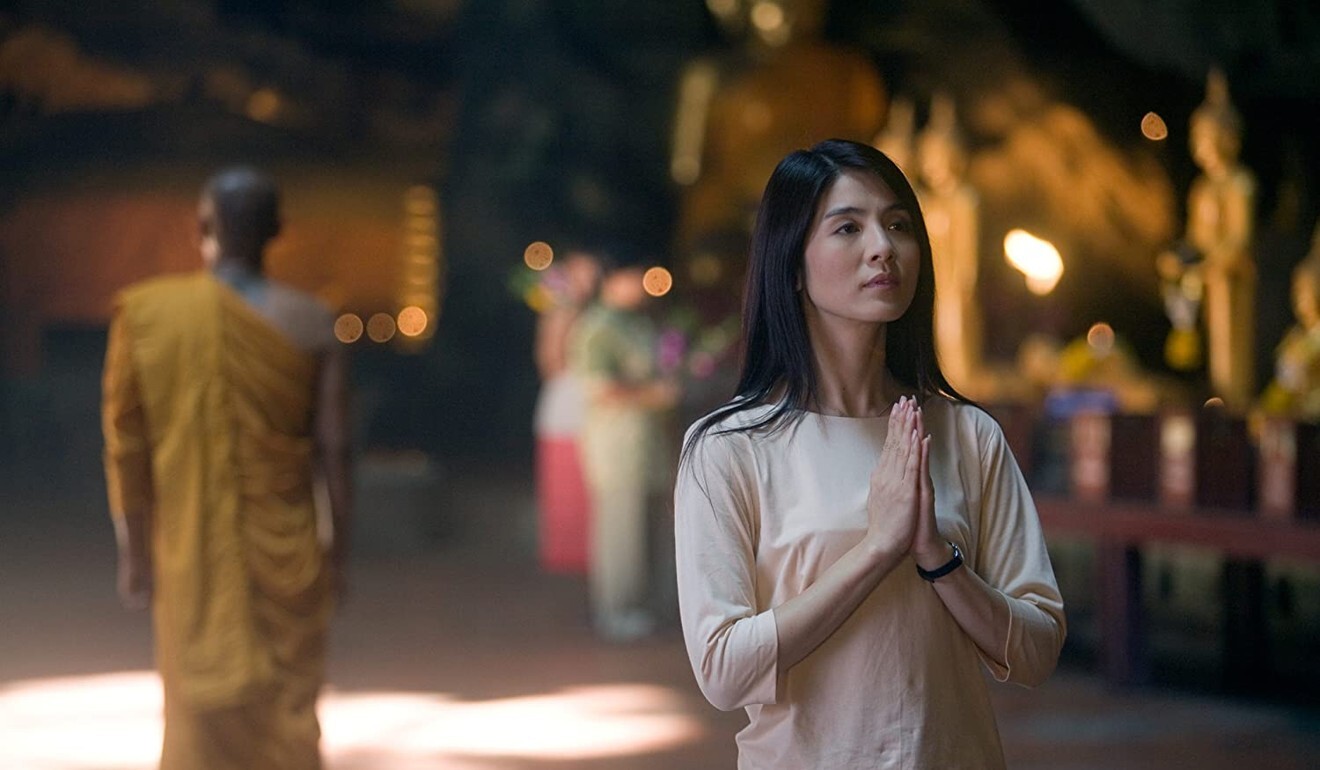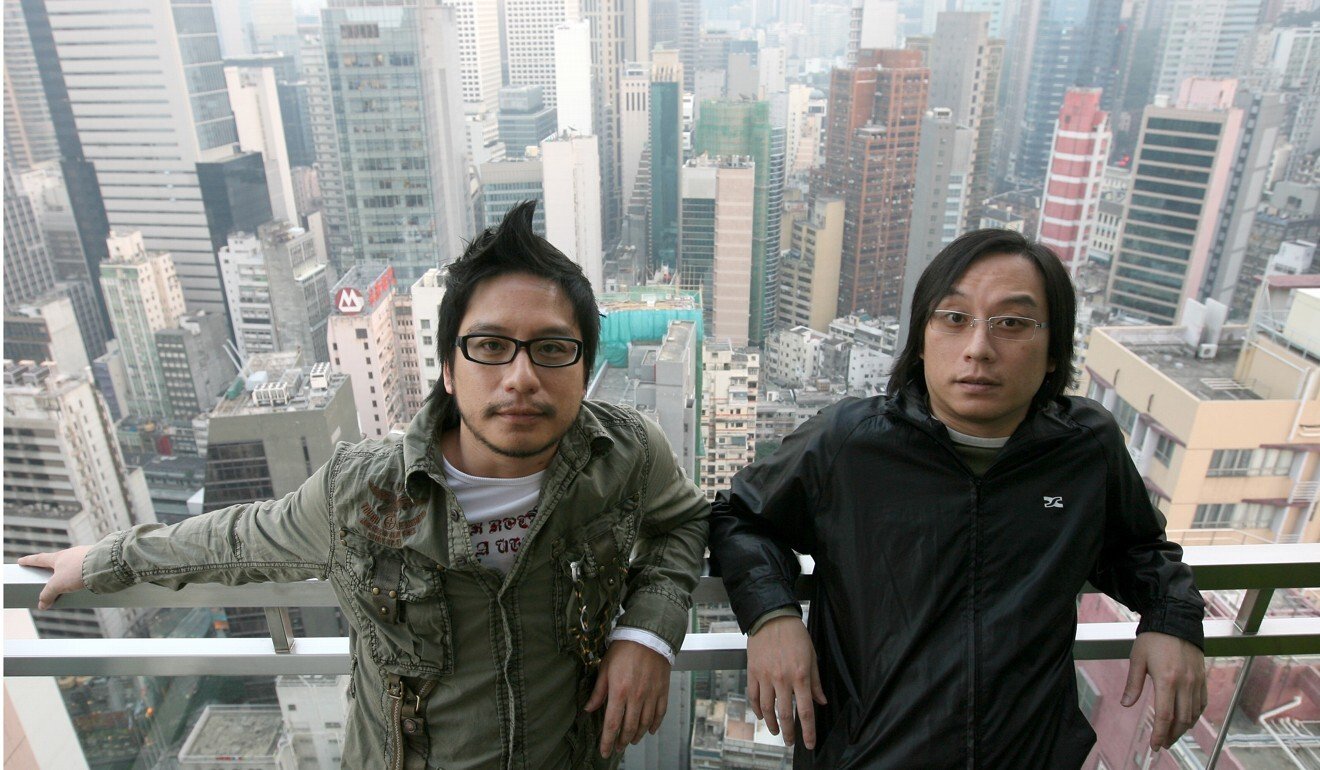
Bangkok Dangerous: why Hollywood remake starring Nicolas Cage was beyond saving by Hong Kong’s Pang Brothers
- The Pang Brothers’ 1999 debut was flawed, and had a glitchy, hyperactive feel, but masses of personality
- Their 2008 Hollywood remake starring Nicolas Cage was smoother, but felt bland and anonymous
This article contains major spoilers of Bangkok Dangerous (1999) and its 2008 remake of the same name.
We’ve seen what usually happens during the Hollywood remake process: American stars sweep in, rough edges are smoothed, and specificity is sacrificed in the name of slickness. But what about when Asian directors remake their own work, as Hong Kong siblings Danny Pang Fat and Oxide Pang Chun did with their 1999 debut?
Kong (Pawalit Mongkolpisit) is a deaf-mute young man working on a Bangkok shooting range. Here, he meets hitman Joe (Pisek Intrakanchit), whom he impresses with his marksmanship, and the two become a team.
Returning from a job in Hong Kong, Kong strikes up a romance with pharmacy worker Fon (Premsinee Ratanasopha). Meanwhile, Joe’s dancer girlfriend Aom (Patharawarin Timkul) rejects the advances of a local gangster, who takes violent revenge, leading them all into catastrophe.
What makes Bangkok Dangerous stand out, not necessarily for the right reasons, is its style. Danny edits the brothers’ work, as well as other movies such as the Infernal Affairs series, and he doesn’t do things by halves.
Using slow-motion, fast-motion and freeze-frames – just about everything you can do to a film except trust it – he lends proceedings a glitchy, hyperactive feel that captures Bangkok’s buzzy neon blur, but is only sporadically effective elsewhere.
There’s a good black-and-white training montage; a rattling chase through the city’s back allies; and the climactic scenes are genuinely powerful, with Fon trying to save Kong from self-destruction.
Mostly, though, it’s just irritating, and you get the sense that the Pangs don’t have enough confidence in their story to tell it straight.
Fast forward 10 years, and the brothers returned to the material, after honing their craft on horror films such as The Eye (2002) and The Messengers (2007). This time, they were working from a script by Jason Richman (Bad Company) based on their original screenplay. You can see the difference immediately: the Pangs wrote about Bangkok as insiders, whereas Richman considers it like a tourist would.
With his dyed black, slicked-back hair and six-foot stature, Joe stands out a mile in Bangkok, but somehow he moves through the city unseen, breaking his own rules by becoming attached to local pickpocket Kong (Shahkrit Yamnarm) and falling for pharmacy worker Fon (Hong Kong’s Charlie Young Choi-nei).

This time, of course, she’s the deaf-mute, because that’s how Hollywood likes its women. “We understand that from a marketing point of view Nic needs to have some lines,” Oxide told The New York Times. Whether he felt that way after filming is another matter.
When he’s not awkwardly romancing Fon, Joe gets himself into all kinds of James Bond-style bother. The stand-out sequence is a boat chase through the floating flower market, which ends with Joe severing someone’s hand with a propeller. But who in their right mind would pick such a busy tourist attraction for an assassination? Only a production team with too much money and not enough local knowledge.
Although the Pangs exhibit a smoother style here, the result is completely anonymous, whereas the original had personality to spare. Ultimately, if the choice is between a flawed film made by emerging talents, or a bland one made by committee, that really is no choice at all.

In this monthly feature series exploring Asia’s impact on international cinema, we examine how the continent’s directors have fared in Hollywood, whether its most popular films survived the remake process – and at what cost.
Want more articles like this? Follow SCMP Film on Facebook

